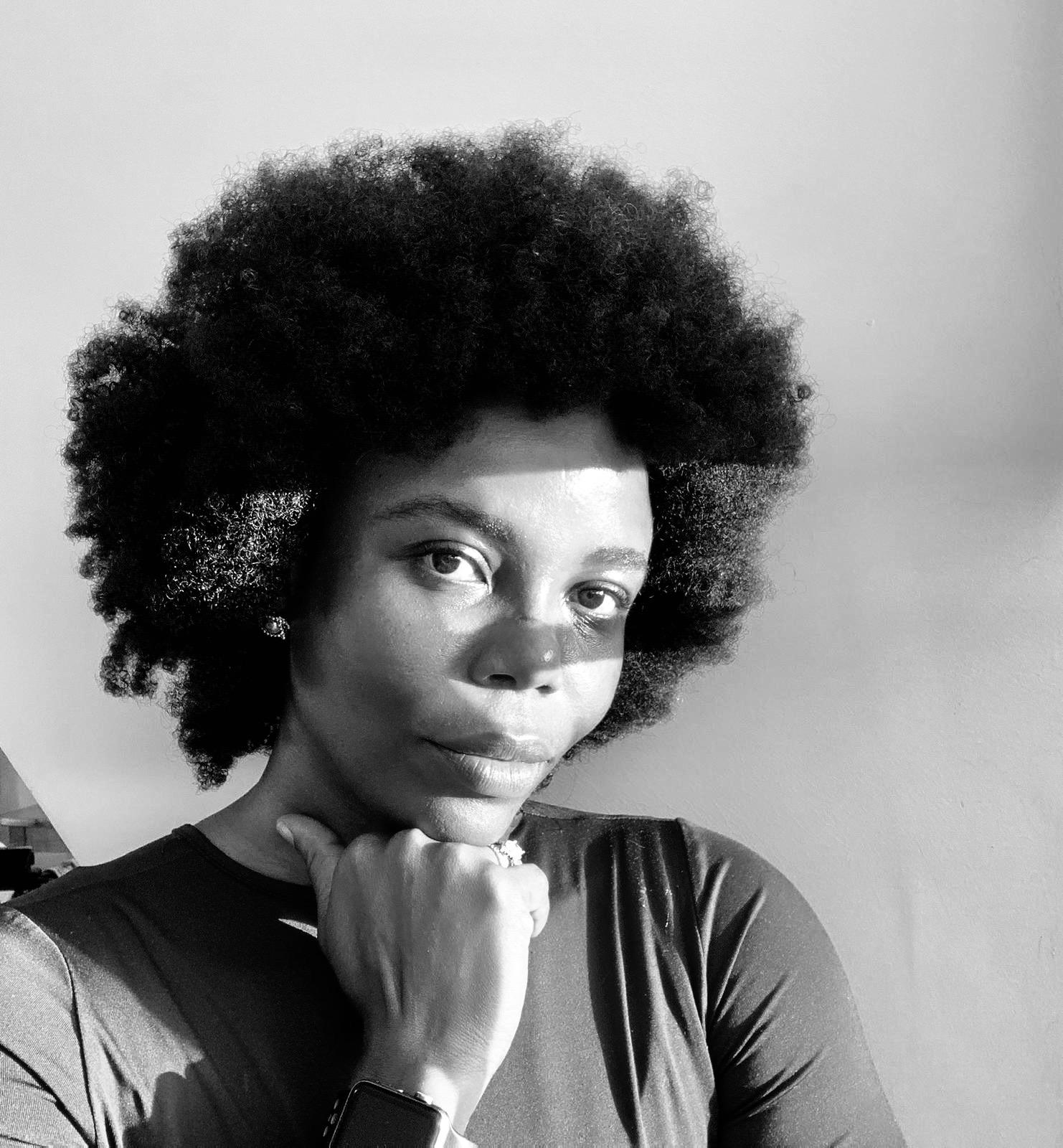
Rebecca Enobong Roberts
Current affiliation
- Technical University of Berlin, Germany
- The University of Lagos, Nigeria
Hosting institute
Contact
- Email: …
Key expertise
- Forced Displacement
- Forced Migration
- Inclusive Urbanisation
- Resettlement
- Local Integration
- Social Cohesion
- Rights to the City
- Action Research
- Community Engagement
Profile according to FFVT taxonomy
Fields of research
- Development Research
- Peace And Conflict Studies
- Governance Research
- Human Rights Research
- Migration Research
Scientific topics
- Borders
- Civil Society Engagement
- Economy Of Forced Migration
- Gender
- Integration And Social Participation
- Infrastructure Of Flight / Forced Migration
- International Protection
- Local And Municipal Refugee Policies
- Migration Routes, Refugees’ Journeys
- Religion
- Self-Organization
- Transnational Networks
- Humanitarianism
- Environment And Climate
Disciplines
- Civil Engineering / Architecture / Urban Studies
- Psychology
- Sociology
Professional Career
MSc International Political Economy
MSc Development Economics and International Development
BSc Psychology
Relevant publications
- Roberts, R. What Lagos Can Learn About Housing the Majority Population from Tokyo.
- Roberts, R. The crackdown on the informal poor – a problem or a solution?. 2018.
- Roberts. R. Cities need to change their perceptions of poor people. 2019.
- Roberts, R. What to do about Lagos' slums. 2019.
- Roberts, R. Urban Planning Processes in Lagos: The Ways Forward. 2019.
Research profile
Q1. Who are you?
I am a multidisciplinary development economist and a PhD candidate at the Technische Universität Berlin's Habitat Unit. This project is hosted in the collaborative research cluster Berlin and co-supervised by the Nigerian University of Lagos's Department of Urban Planning. My dissertation examines the intersectionality between internal displacement and forced migration in the context of sustainable and inclusive urbanisation through a spacemaking case study of IDP migrants from the northeast region of Nigeria to the metropolis of Lagos. I have fifteen years of career experience in humanitarian aid and sustainable development project management across 23 states and multiple cities in Nigeria, Dakar, Senegal, Pretoria, Johannesburg, South Africa and Accra and Kumasi, Ghana. My core expertise is in community organisation and engagement, public health, public education, and human rights, including informalities (rights to the city, livelihood, and housing), sustainable urbanisation, displacement, urban refugees, forced migration, youth development, public policy analysis, advocacy, and project monitoring and evaluation.
Q2. What was your motivation for applying for the FFVT fellowship? Why Germany?
Nigeria hosts one of the largest internally displaced populations in Africa, and it is currently experiencing a protracted displacement crisis with no apparent end in sight. However, in the global discourse, policy and practices are frequently disregarded in the context of how the increasing protracted displacement affects the overall sustainable development goals (SDG), particularly in the context of sustainable and inclusive urbanisation that ensures that no one is left behind. The population of Nigeria, which is both a challenge and an opportunity, has substantial repercussions for the entire continent of Africa, not just Nigeria. I was motivated to apply for this fellowship by IDOS’ position as a bridge between academic research and action-evidence-based programming, particularly in countries of the Global South, as I have worked in international development aid for more than a decade and am currently engaged in academic research. Germany plays a very critical role in the European and in the African context. I see Germany as a very critical multi-disciplinary development partner to Nigeria, and this is my main motivation here. My objective is to promote the expansion of IDOS programming to encompass Nigeria, with a particular emphasis on the issues of displacement and translocal forced migration to urban areas. The FFVT Fellowship provides the chance to enhance networking opportunities with institutions that are involved in forced migration-related and related urbanisation issues. My primary goal is to establish connections that could be beneficial for Nigerian inclusion in the general programming of institutions like the IDOS in a European context, as well as to establish connections for future collaboration. These are all potential opportunities that this fellowship provides.
Q3. What do you expect from the fellowship?
I look forward to building my research expertise, sharing my knowledge and connecting experts in forced migration and urbanisation units at IDOS for future research collaborations. I want to learn more about the interdisciplinary approach of pre-existing projects within the institute and to link my own research for potential future collaboration.
Q4. What is the focus of your work, and what is innovative about it? / What are your planned outcomes and activities for the fellowship period? And how do they relate to your FFVT hosting institution/ the FFVT cooperation project?
During my stay, I plan to produce an academic paper on the impact of protracted displacement on translocal forced migration within a broader urban governance context. I am also working (with other FFVT colleagues) on an in-person and virtual discussion on the situation of forced migration in a forced migration and urbanisation context in Nigeria to shed light on the current status of protracted forced displacements and their implication for urbanisation in one of the most rapidly urbanising nations in the world, Nigeria.